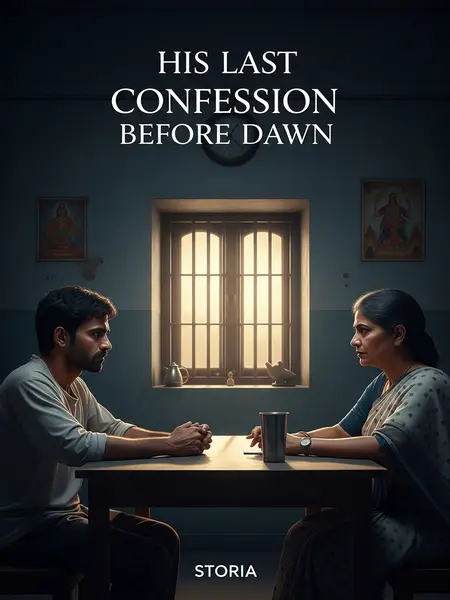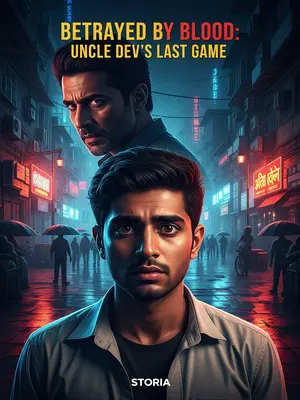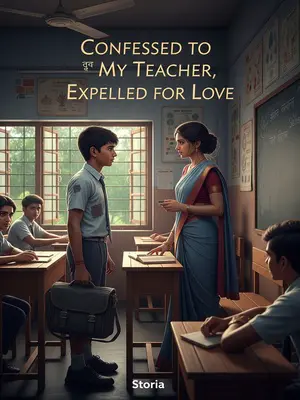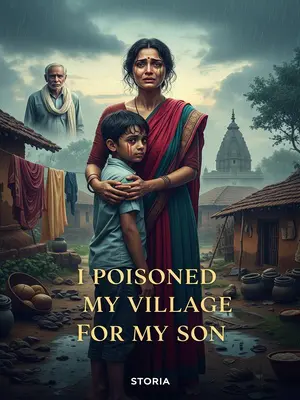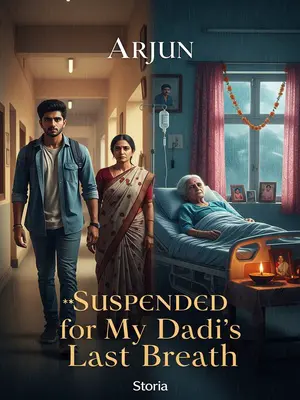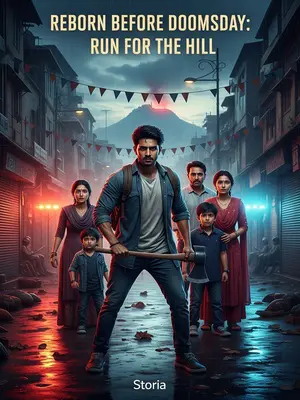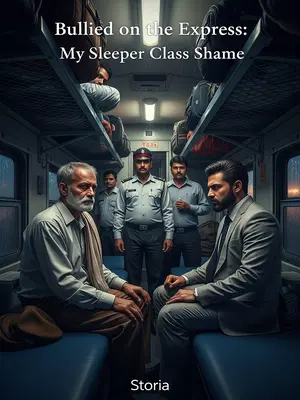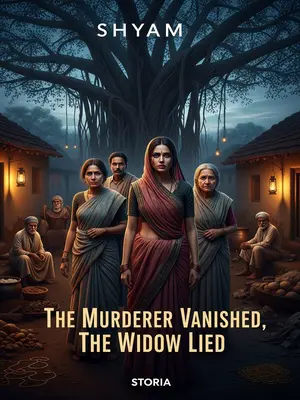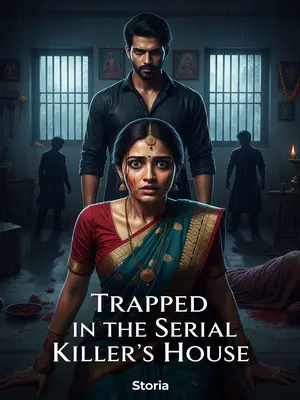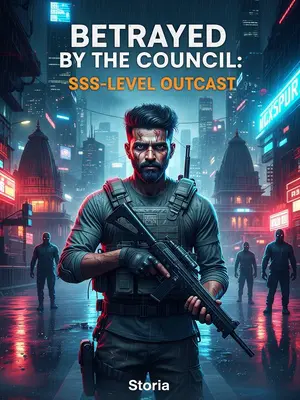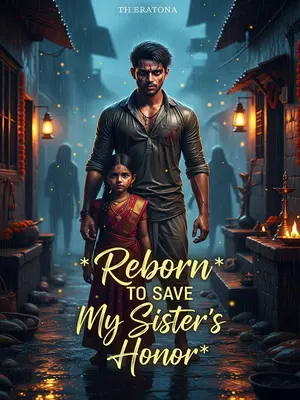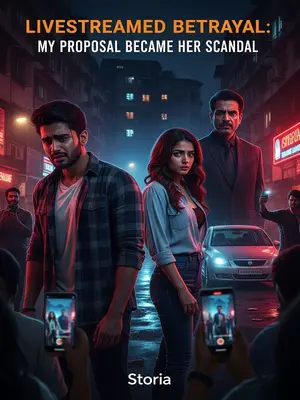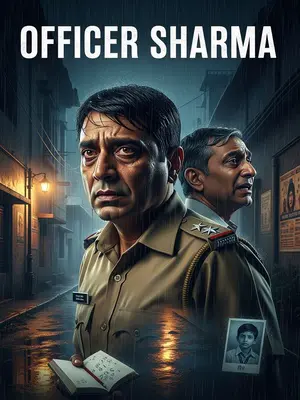Chapter 7: The Clinic and the Knot
Arvind’s narration:
To make me normal, my mother tried everything—positive and negative. She took me to Dr. Menon, the town’s psychological counsellor. His clinic always smelled of eucalyptus oil and samosas, his desk cluttered with old Outlook magazines and a half-empty Dabur Chyawanprash bottle.
Back then, few sought counselling. Dr. Menon mostly treated colds. But I became a regular.
To cover the visits, my mother even started dating the fifty-something bachelor, claiming it was for my sake. Townsfolk gossiped, but she didn’t care. She paid full fees—counselling was expensive, medicines even more so. Since Dr. Menon wasn’t licensed for psychiatric drugs, he got them through his network.
We could’ve gone to a hospital, but my mother refused. She wanted no record—she still believed in my future.
Dr. Menon thought my antisocial side came from childhood trauma. He said hypnosis might help, but it never worked. I didn’t trust him, so nothing came out.
He prescribed chlorpromazine for my moods, but I never took it. So nothing changed. In the end, I’d just go to his clinic, eat samosas, and read his psychology books while my mother watched hopefully from the corner.
To pay for all this, my mother took on extra jobs, working herself to exhaustion. She was under forty, but half her hair had turned white.
Sometimes late at night, I’d hear her crying, sometimes see her busy and hopeful. My father had left, but my mother clung to hope—many women do, even when they stand alone.
She had only me, her son. She dreamed I’d study, work, marry, have children, and take care of her. She did nothing wrong. She was just a mother. But I was not a normal child.
I couldn’t meet her hopes. I felt suffocated around her. Studying, working, marrying—that wasn’t what I wanted. The only thing I longed for was crime. That was my true path.
You might wonder how I knew. Because I tried to save myself.
Those psychology books in Dr. Menon’s waiting room taught me something—childhood trauma shapes your whole life. That’s the real terror.
My change from good to bad was traceable. Before, I avoided the memory, but after reading, I understood: unless I untied the knot, I’d always suffer.
In second standard, I locked a classmate in a storage room—not out of grudge against him, but because his father, Rakesh Sharma, had sexually assaulted me.
At that age, I didn’t understand, but I knew fear and pain. I told my father, hoping for justice. But he just told me not to go to that house again.
If my father wouldn’t confront him, I couldn’t either. So, I took it out on Rakesh Sharma’s son. But Rakesh assaulted me again, warning me off.
Rakesh Sharma was everyone’s favourite—always smiling, generous. But his real face, only I saw.
No one believed me—not even my father. So I never spoke of it again. But I grew sensitive, gloomy, vengeful. Even small things set me off—I’d seek revenge, but it never felt right. Like trying to eat dal with a fork—never quite satisfying.
I realised: Rakesh Sharma was my true knot. No one could save me but myself.
I had to kill him.
I started planning ten years ago. When I was a child, I couldn’t resist; now I was grown, he was old—killing him was easy.
You say I ruined Rakesh Sharma’s happy family. But he ruined my whole life.
Only by killing him could I be free.
That’s why I killed Rakesh Sharma.
He holds my gaze, unblinking. Somewhere in the prison, a bulb flickers. I hear the distant chant of a temple bell—impossibly out of place, yet oddly fitting.
Just like Chanakya’s mother, who moved homes thrice for her son—except here, the lesson was far darker.
